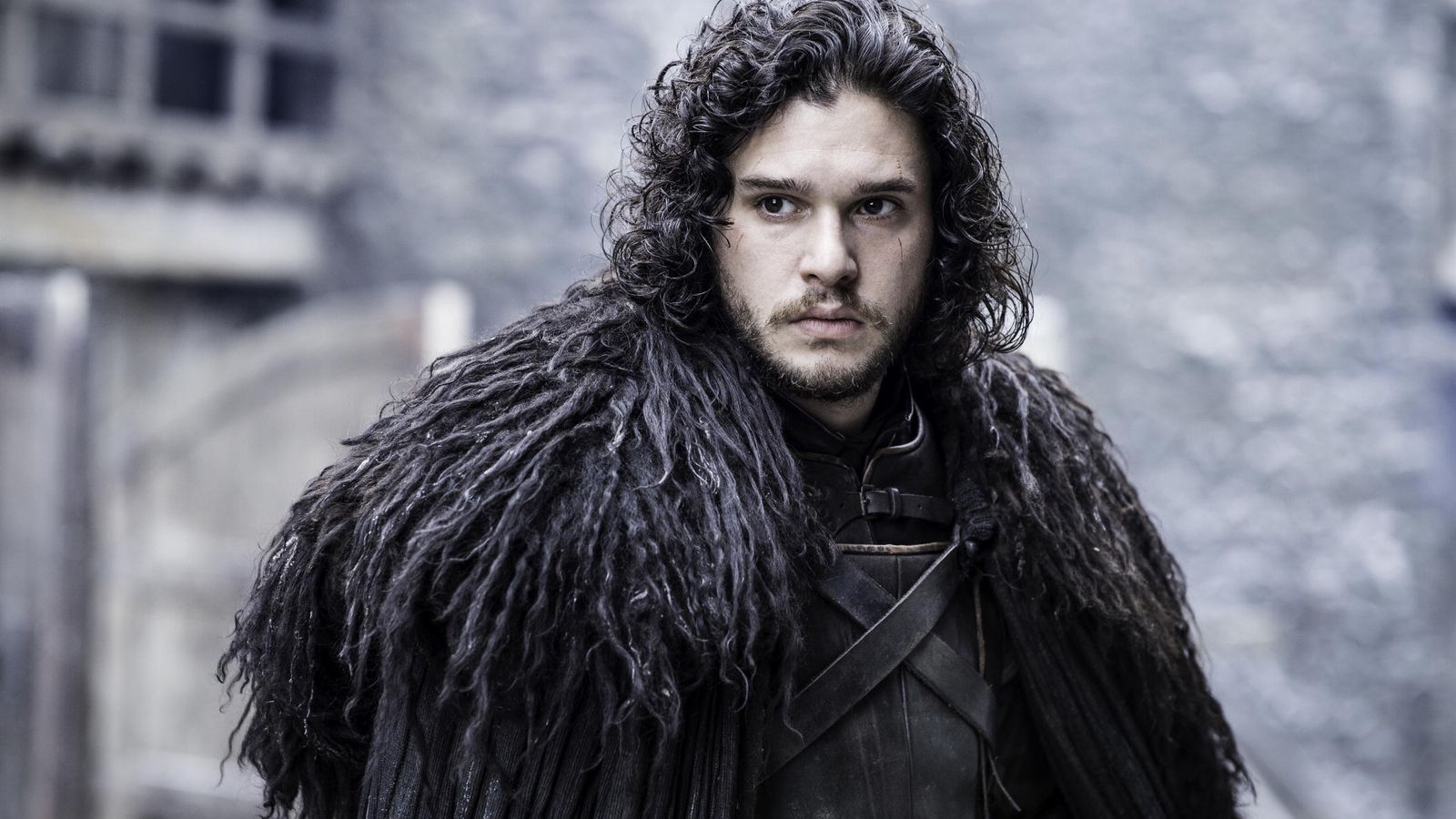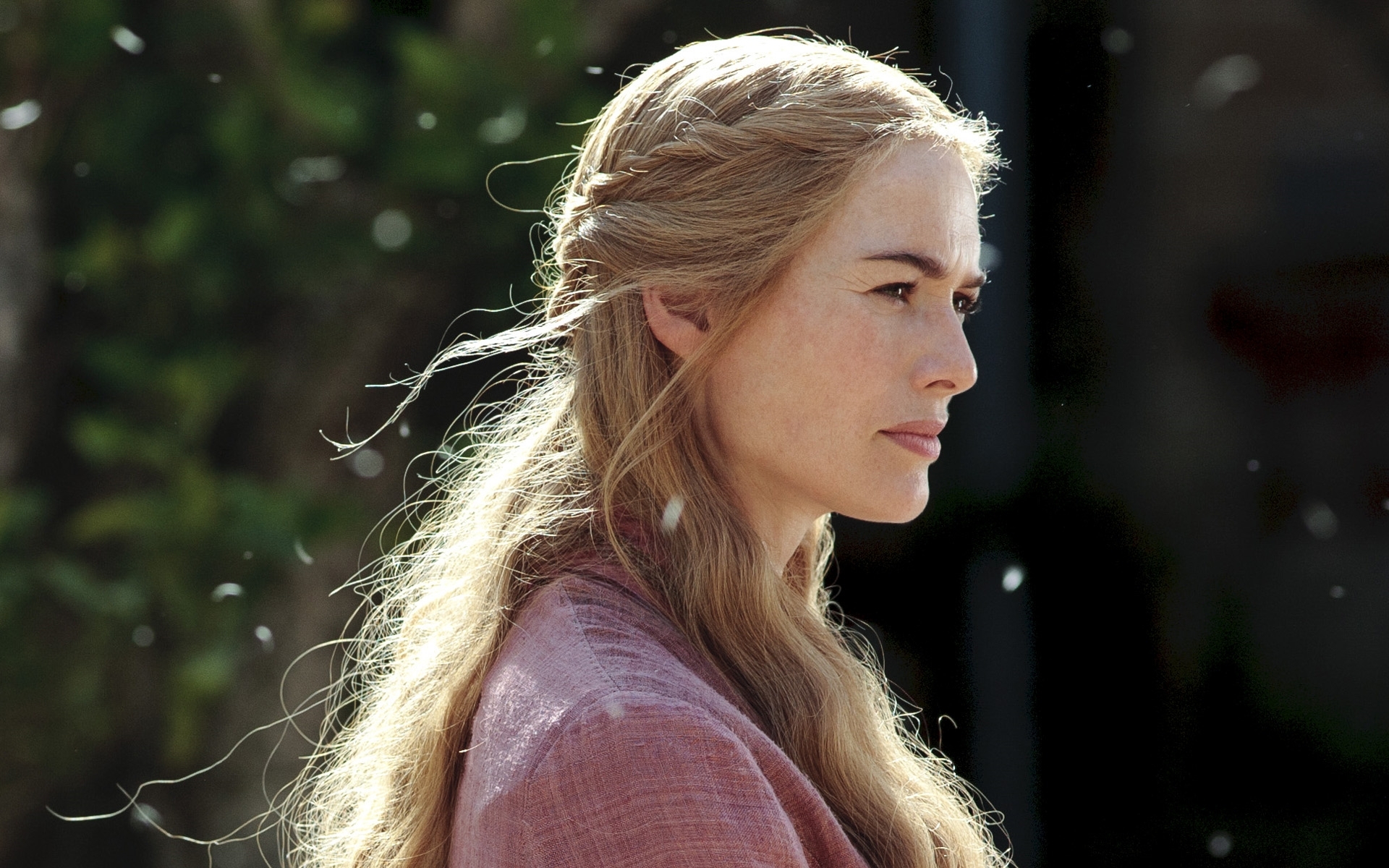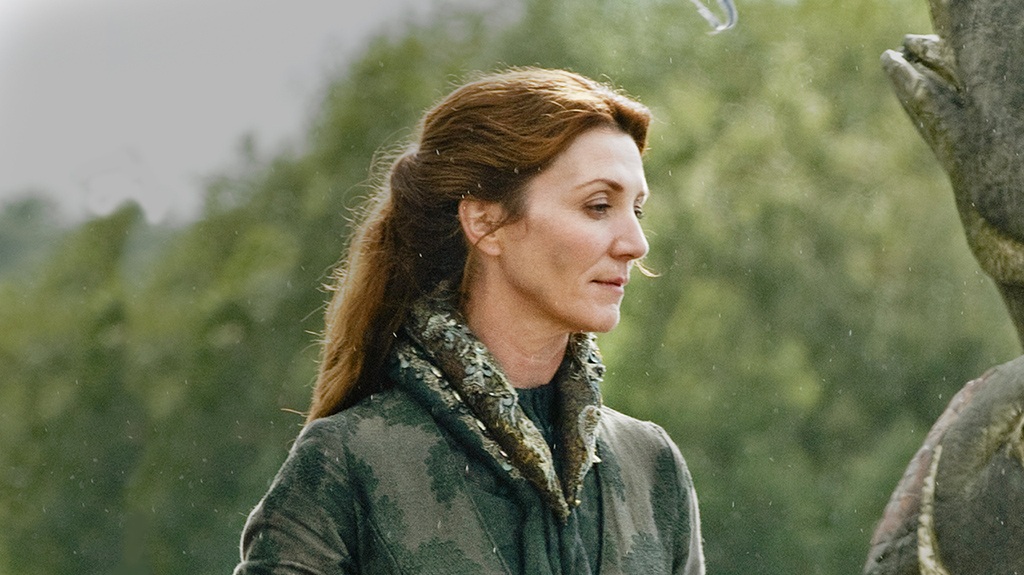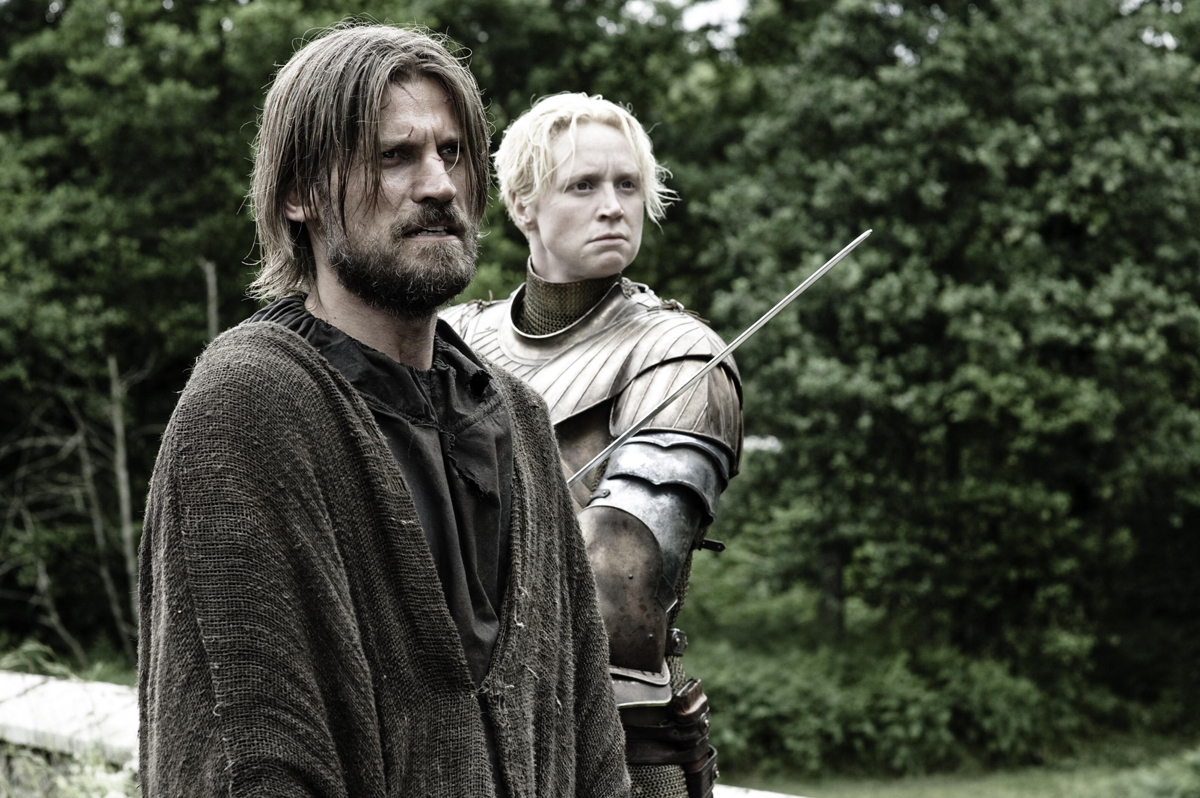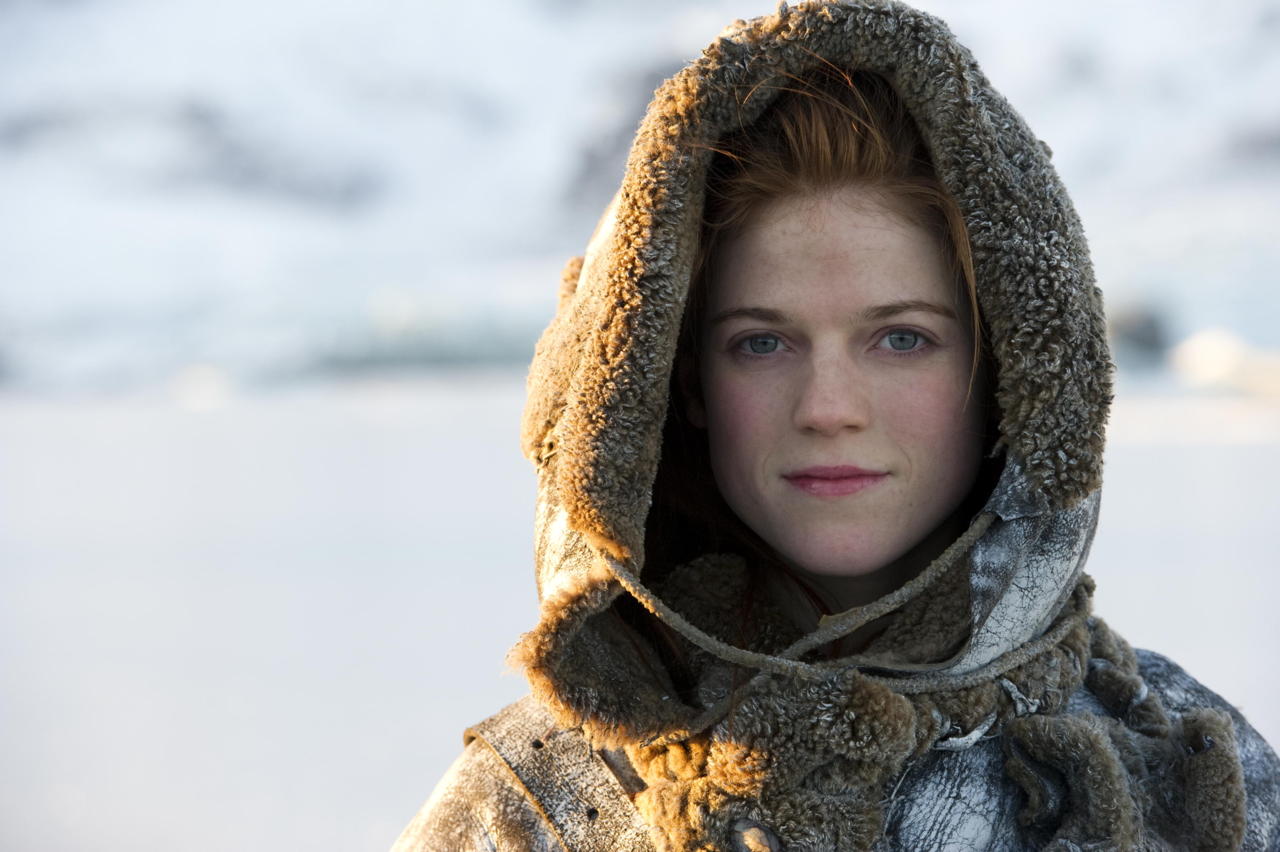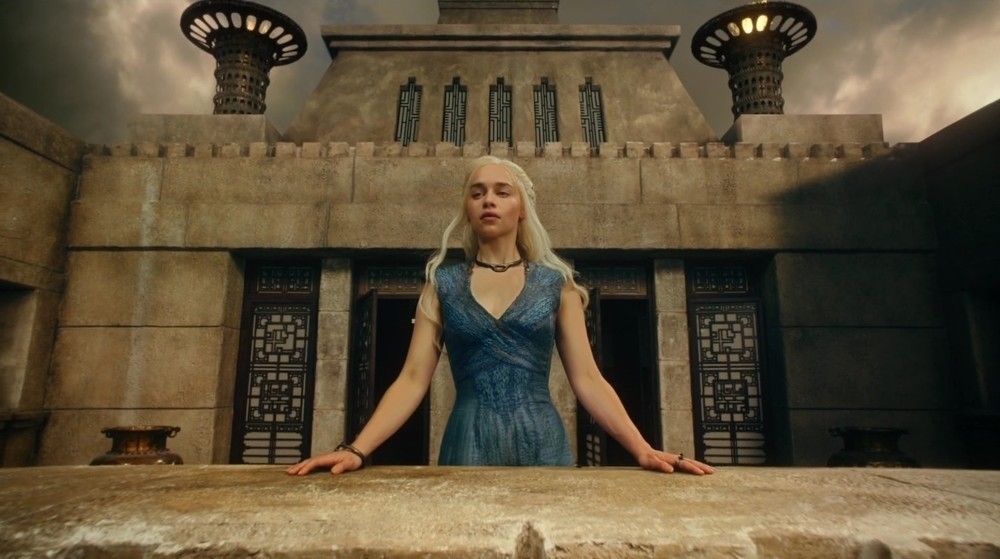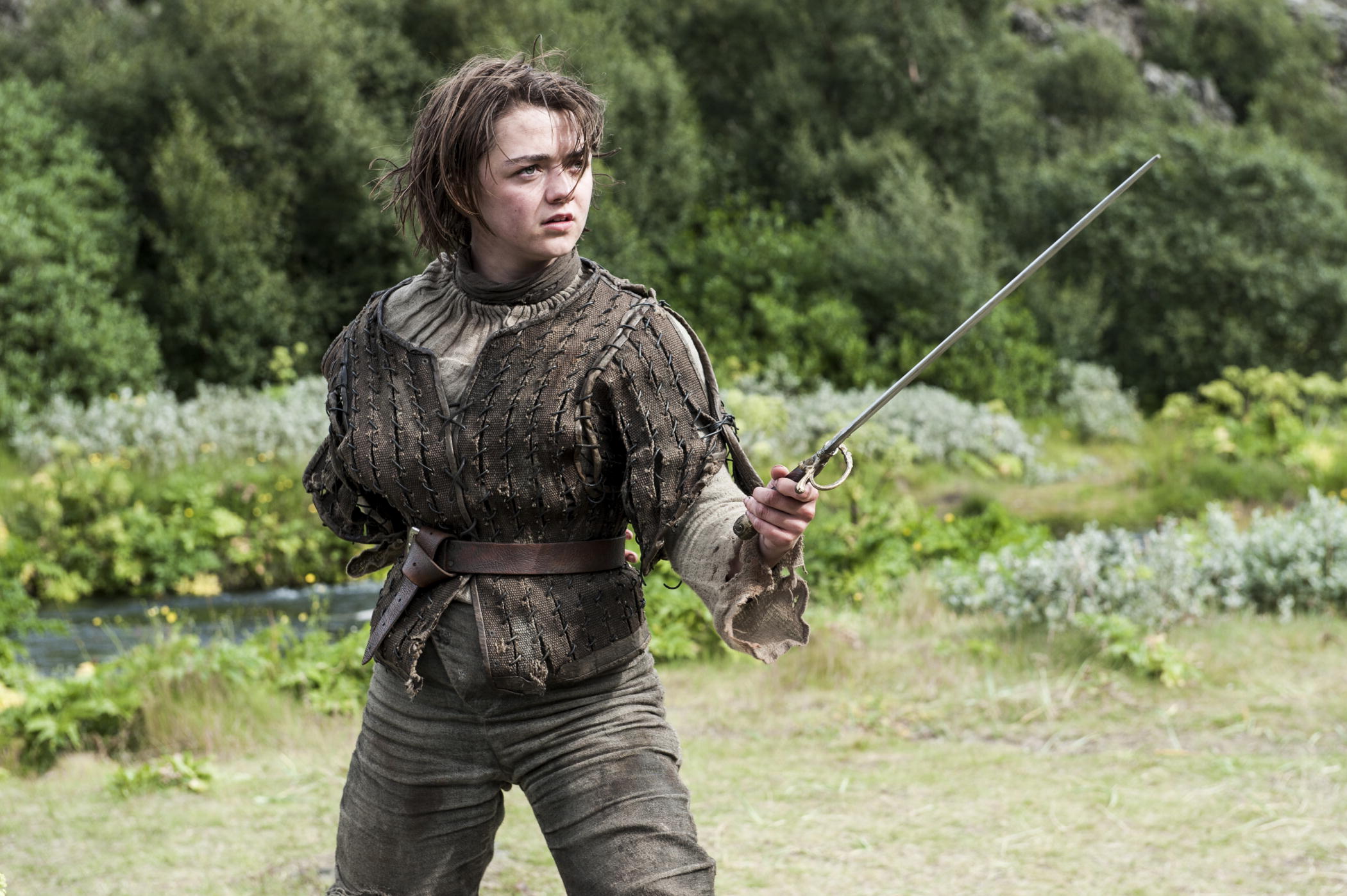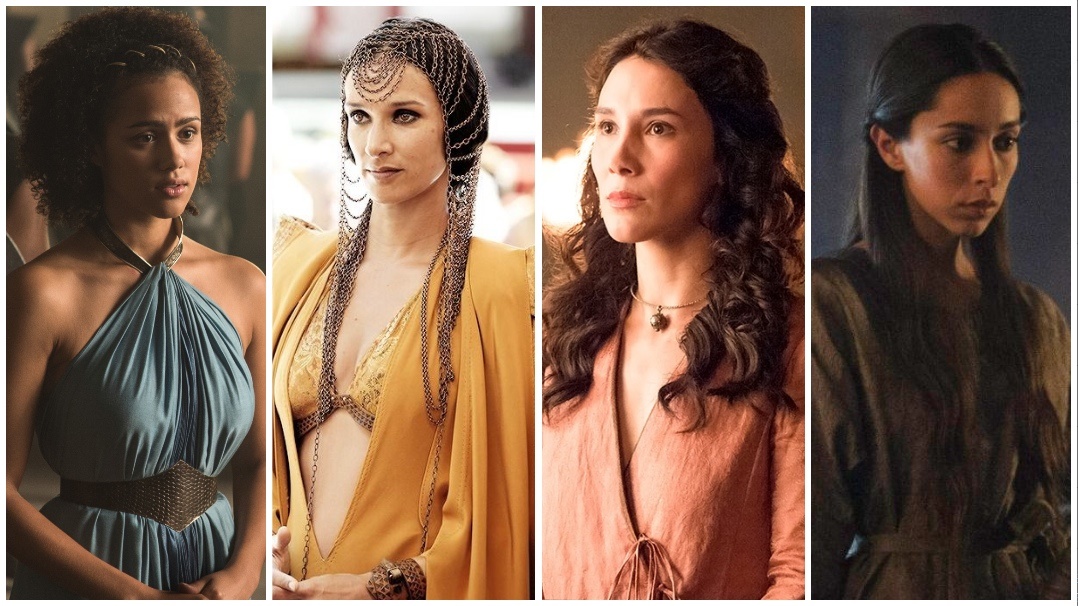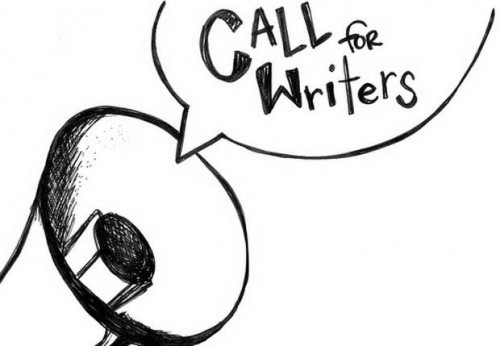This guest post written by Siobhan Denton appears as part of our theme week on Game of Thrones. | Spoilers ahead.
“There is no gender identity behind the expressions of gender; … identity is performatively constituted by the very ‘expressions’ that are said to be its results.” (Butler: 1999, 25). Judith Butler’s concept of gender as being performative and defined by actions rather than a universal identifiable notion is entirely apt when we consider the gender of Game of Thrones’ Jon Snow. Whilst ostensibly male in terms of gender, Jon Snow’s character is arguably definably feminine through his actions, motivations and interactions with both female and male characters.
The majority of critique and discussion on Jon’s character has, thus far, focused upon either his overt masculinity or his progressive feminism. This is not to suggest that Jon’s character is not masculine; certainly his actions in battle signal him to be a hero in the archetypical sense, but I am suggesting that Jon Snow’s masculinity coexists with a feminine expression, and it is this coexistence that leads to the events at the end of season five.
Interactions with men
Jon’s interactions with men clearly demonstrate this sense of coexistence. He is both intensely masculine, respected by the men of The Night’s Watch, and thoroughly feminine in his interactions with both Sam and Olly.
Take for instance, Jon’s first interaction with Sam Tarly. Jon is already respected by the men of the watch, and we witness him intelligently coaching and instructing his fellow men in how to improve their fighting technique. As Sam arrives, his appearance is openly ridiculed by the men as they comment both on his weight and his subsequent perceived weakness. As Sam is beaten and humiliated, Jon rapidly steps in and requests that the actions cease. His interruption draws comment from Ser Alliser Thorne who remarks, “Alright then, Lord Snow, you wish to defend your lady love?” This comment, in which Thorne attempts to highlight a male and female dichotomy between the two is notable. For Thorne, Jon’s defence of Sam marks him as explicitly male with Sam fulfilling the female role, but for me, this defense highlights a feminine and in turn a maternal nature to Jon. His connection with Sam is based on pure emotion at this point: he has no knowledge of his character but has responded to him on a visceral level.
While some may comment that such a defense links to Jon’s sense of nobility and honor (a trope that is regularly linked to masculinity), there is no real honor in stepping in for a man who cannot defend himself. At this point in the narrative Sam is pitiful and Jon’s interception further marks out Sam’s current pathetic nature. Thus, Jon has not acted upon honor, as he would be all too aware of the manner in which this interaction would be interpreted, rather he has acted upon a desire to care and look after others, a quality more stereotypically linked with femininity. After Jon has successfully defended Sam, Thorne orders Jon to “clean the armory as that’s all [he’s] good for,” further reducing him to a typical feminine role of the domestic. Thorne’s disdain for Jon seems to stem from his clear desire to protect and tend to others, as there is no place for such behavour in The Night’s Watch (women are banned from remaining at Castle Black).
Jon places himself in direct conflict with both Thorne and the overtly masculine men of the Watch when he later notes that the men should no longer bully or humiliate Sam. As Jon informs the men of his desire for Sam to be cared for, his motivation is once again linked to a romantic interest as Sam is referred to as Jon’s “girlfriend.” Here, Jon’s embodiment of masculinity and femininity is clearly apparent: his motivation stems from a feminine connection but his manner of dealing with the situation is violent and thereby stereotypically masculine. This intent, combined with such action, clearly marks him as different from the other men. Jon is unique in his approach and, whilst initially respected for it, it is soon apparent that for the other men who simply embody masculinity, Jon Snow cannot remain.
This coexistence of intent and action is again apparent in Jon’s interactions with Olly. Interestingly, this happens once again in a moment in which Jon is acting his most typically masculine and coaching Olly in developing his fighting technique. Notably, Jon’s focus in this interaction is his desire to ensure that Olly is able to protect himself, instructing him on numerous occasions to “keep your shield up.” Olly is not being coached in how to kill, but rather how to defend. Jon’s aim is to ensure the safety of the young boy rather than training him to become an efficient killer.
Interactions with women
Jon Snow’s most formative female relationship is that with Ygritte, the Free Folk (Wildling) woman with whom he falls in love. It is worth nothing that Jon, formally directed to being the masculine counterpart in his relationship with Sam, is here relegated to the feminine role. Ygritte’s superior hunting knowledge and her difficulty in understanding why any girl should ‘swoon’ immediately mark her out as functioning in a conventionally non-feminine manner. Her focus in this interaction is upon violence and possession, remarking to Snow that, “You are mine,” whilst Jon’s focus is once again on seeking to protect the lives of others. Ygritte is unfazed by the prospect of their death and in her possession of her lover, expects him to remain her possession beyond death.
Her constant refrain of, “You know nothing, Jon Snow,” highlights the hierarchy in their relationship. It is useful here to utilize Deborah Tannen’s difference theory, in which she highlights the variances between male and female conversation. Indeed, much of Tannen’s theory, in which she highlights six contrasts between male and female language, are particularly pertinent in the discussion of Jon’s nature. Take for example, her discussion upon the concept of independence (the male characteristic) and intimacy (the female characteristic). Tannen notes that men are more concerned with status and thus focus more on gaining independence. Men risk losing their status if asking for permission and thus reducing their independence, but through his allegiance with the Night’s Watch, Jon has lost all independence, as Ygritte readily points out to him. It is she that is truly free and she recognizes this, whilst Jon has neither sought independence nor recognized that it is lacking.
In a similar manner, we can see that when considering Tannen’s concept of conflict (the male characteristic) and compromise (the female characteristic), Jon once again aligns himself more with the female characteristic. He seeks a compromise with the Free Folk (Wildlings) after their defeat at the hand of Stannis Baratheon, identifying and understanding that conflict and violence is futile. Ygritte, prior to her death, is entirely focused on conflict: she sees no sense in compromise regardless of Jon’s interjections. She questions his lack of conflict when he informs her that he is a Stark, unable to understand or even identify with his approach.
Ultimately, it is this notion of compromise that results in Jon’s apparent death at the end of season 5. The men of the Night’s Watch are unable to reconcile themselves with his approach to dealing with the Free Folk (Wildlings). For the men, who only embody masculinity, a compromise signals weakness. In order to coax Jon into the trap set for him, the men appeal to his emotional, and thereby feminine side, by attempting to engage him emotionally (informing him that news of his uncle has arrived). Is this to suggest then that a character who readily embodies both masculinity and femininity cannot exist in this patriarchal world? Sam, another character who arguably exhibits both genders in his actions, perhaps recognizing the precarious nature of such an existence, has physically removed himself from Castle Black, and in doing so has, thus far, survived. For Jon Snow, whose emotions ever connect him to Castle Black, there could be no such escape.
References:
- Butler, J. (1999). Gender trouble. New York: Routledge.
Siobhan Denton is a teacher and writer living in Wales, UK. She holds a BA in English and an MA in Film and Television Studies. She is especially interested in depictions of female desire and transitions from youth to adulthood. She tweets at @siobhan_denton and writes at https://theblueandthedim.wordpress.com/.
